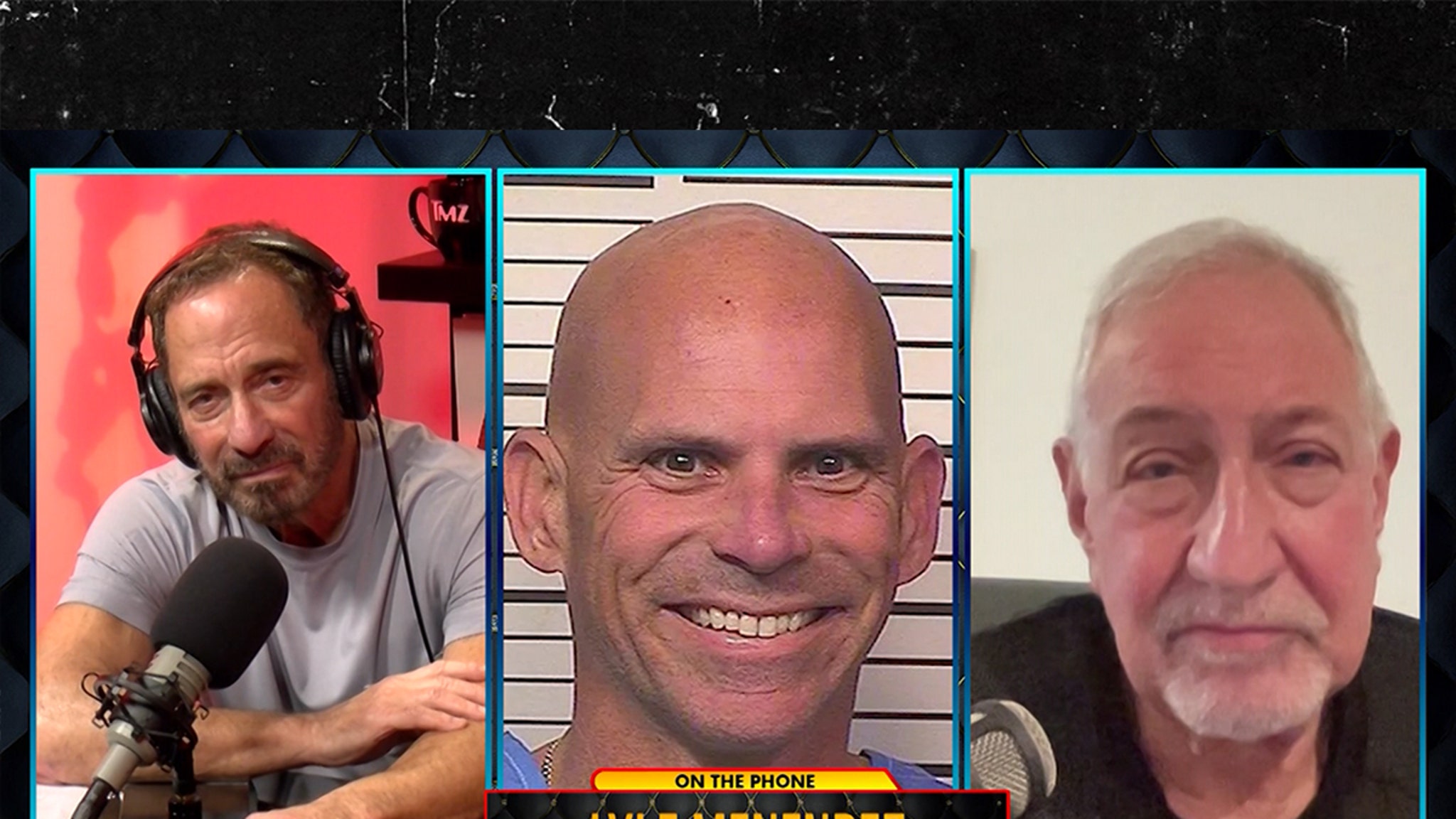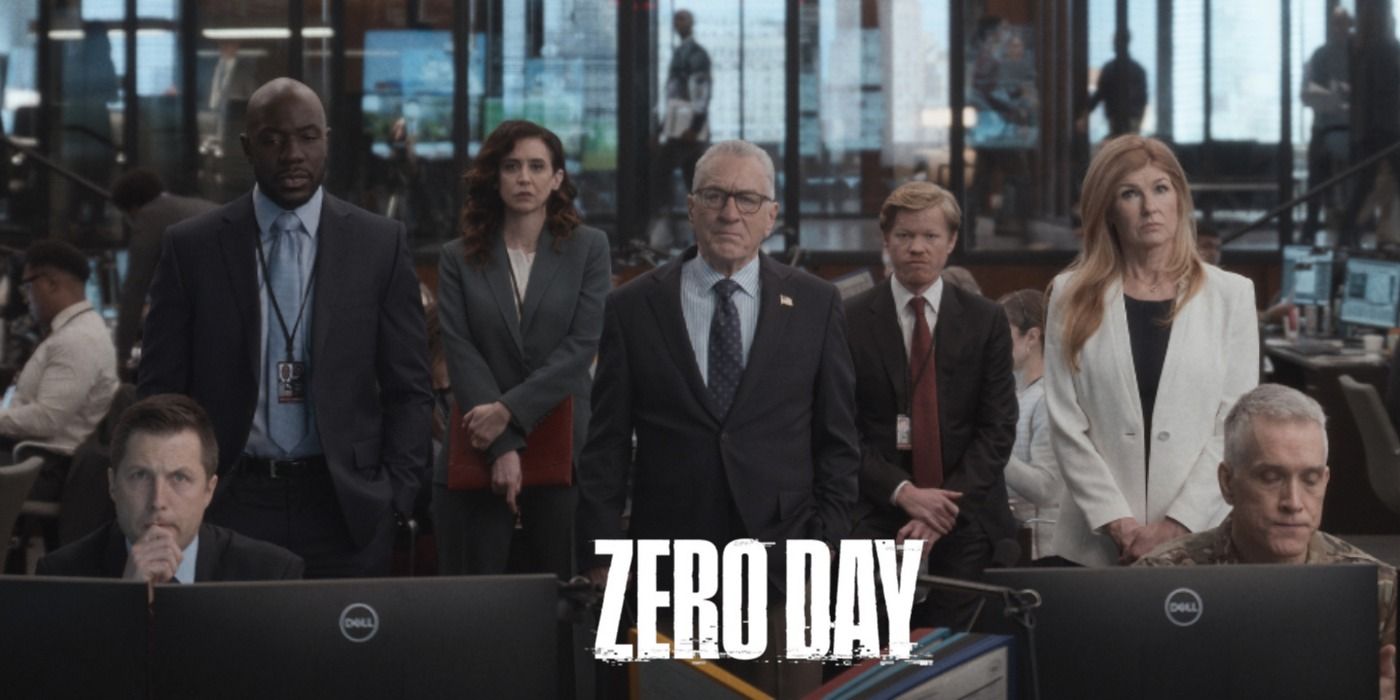Park Chan-wook is iconic enough by now that his name alone will automatically make a new film seem interesting. That’s the contagious skill of great directors — it hardly matters what story they tell or which actors they cast; so long as their name is attached, you know what to expect. The thought of a Park movie immediately connotes a hyper-stylized combination of gorgeous imagery and sudden brutality, elitist classical music and slapstick comedy, truly disturbing plots, and incredibly luscious, romanticized cinema.
Decision to Leave isn’t any different, though it may feel that way for an hour or so. Half of this might be Park’s most accessible film yet, a rom-com thriller in which a detective falls for the suspect in a murder case. We’ve seen this before (à la Basic Instinct or Sea of Love), but again, by the very fact that this is a Park Chan-wook film, Decision to Leave was always destined to be utterly distinct. This director just can’t seem to fail.
MOVIEWEB VIDEO OF THE DAY
Park Chan-wook Exceeds Expectations
CJ Entertainment
Park Chan-wook turned the murky ethics of revenge into high art with the Vengeance Trilogy (Sympathy For Mr. Vengeance, Oldboy, Lady Vengeance), and channeled horror and sci-fi into beautifully operatic anomalies (Thirst, I’m a Cyborg But That’s OK). He has continued to achieve international mainstream success as his films become more like grandiose steamy thrillers, beginning with Stoker, followed by The Handmaiden, and now Decision to Leave.
Decision to Leave, while still maintaining the mode of Park’s recent work, is surprisingly very funny, but then again, it’s very ‘everything.’ The film somehow feels too short at two hours and 20 minutes, so stuffed is it with exposition, time jumps, likable characters, slapstick comedy, genuine romance, and heartbreaking tragedy. Even if Decision to Leave does begin with a rather typical plot, Park obfuscates any traditionalism through his quick jump cuts, seemingly random non-sequiturs, and loads of detail; there’s so much going on in Decision to Leave that even when it’s being ordinary, Park makes it extraordinary.
CJ Entertainment
The film follows the death of a mountain climber in Busan, someone who seemed experienced enough and not at all suicidal, so the police investigate it as a potential homicide. Led by lead detective Hae-jun (a wonderful Park Hae-il), the police investigate the man’s wife, Seo-rae (a showstopping Tang Wei), who seems to have a motive. Covered with bruises and wounds, Seo-rae had been repeatedly beaten by her husband — she’s a Chinese immigrant with a shady past, and he helped her survive and stay in the country, but could just as easily get her deported.
Related: Park Chan-wook: How His Films Find Humanity in Darkness
Hae-jun is the stereotypical world-weary detective, plagued with insomnia and a deadly seriousness, but Seo-rae lights something up in him. He orders her elaborate boxes of expensive sushi in the interrogation room, where they flirt with the utmost subtlety; she is a prime suspect, he is a married detective who only sees his wife on the weekends, so there’s a fatalistic doom laced throughout their quietly lustful encounters.
Decision to Leave Stays Unpredictable
CJ Entertainment
He watches her through binoculars over the course of all-night stakeouts, noting the way she eats ice cream and what time she falls asleep in a manner that mixes business and pleasure. On the one hand, he doesn’t want her to be the murderer, but on the other hand, he doesn’t want the case to be closed. He likes tailing her, and she likes being tailed.
It’s all very romantic and fun, and then Park pulls the rug out from under the viewer. Just when the audience thinks they have Decision to Leave figured out, Park ensures that they spoke too soon by jumping into the future to a different town and a different murder. Their romance was of course condemned to be unrequited, leaving Hae-jun a depressed wreck in the future, but when Seo-rae reenters his life through another investigation, his spark reignites.
A lot happens in Decision to Leave, with everything connected in different ways, so explaining any aspect with too much specificity would certainly ruin the experience of the film, which would be a shame, because it is thrilling. It may be confusing to some, with so much detailed minutiae to keep track of, but letting that pure experience of Park’s filmmaking acumen wash over the unprepared viewer may be the best approach even if Decision to Leave can be daunting to make sense of at times.
Park Refines His Style With Decision to Leave
CJ Entertainment
Park’s plots have become increasingly elaborate, moving from the somewhat simple narratives of the Vengeance Trilogy to the complicated twists and turns of The Handmaiden and Decision to Leave. His earlier films had so much visual bombast and bold choices compared to their somewhat sparse stories, leading some to accuse him of style over substance, but Park’s aesthetic has evolved alongside his more ornate scripts, becoming more refined and pared down; now, style and substance are on the same level.
This is certainly not to say that Park has lost an ounce of his energy. Decision to Leave may not have bursts of stylized violence set to blasts of Vivaldi’s Four Seasons, but it does show how the filmmaker has evolved, using fewer tools and tricks but mastering the few he chooses to implement. If Oldboy was like a Pollock painting, all eye-popping splatters of messy color, then Decision to Leave is like a late Rothko, a subtle, more monochromatic masterpiece focused on something more specific.
Related: Here’s What to Watch if You Loved Oldboy and Want Similar Movies
Park’s perfect framing and the immaculate cinematography from Kim Ji-yong (who worked on the acclaimed Bong Joon Ho films Parasite and Okja) combine to make every scene stunning, even if some are simple. The editing from Kim Sang-bum, a frequent collaborator with the director, adds wit and excitement to what otherwise could’ve been a much more straightforward romantic thriller. Park has a way of making linear narratives feel nonlinear, editing scenes in surprising ways and cutting almost arbitrarily. This might add to the frustrated confusion of some viewers, but it helps make Park toe the line between mainstream and arthouse, possibly pleasing fans of both.
Tang Wei is Perfect in Park’s Great New Movie
CJ Entertainment
The aforementioned showstopper, Tang Wei, is absolutely sublime here in a tricky role. Required to be believable as both a suspected murderer and a genuine love interest, Wei wildly succeeds, finding just the right balance between threatening and vulnerable. Park Hae-il’s hangdog detective may be a joy to follow around, but Wei is the heart and soul of the film. Radiant and yet damaged, the beautiful Seo-rae is clever and sly, but ultimately melancholic with her tragic backstory and difficult destiny, constantly caught up in the machinations of men on both sides of the law.
As usual, Park displays his knack for casting the perfect supporting actors who bring a lot of humor and personality to what are essentially small roles that help the two main leads shine. Go Kyung-pyo (as Soo-wan) and Kim Shin-young (as Yeon-su) are the standouts in this department as Hae-jun’s police sidekicks in each time period, managing to be funny without feeling like one-note ‘comic relief’ characters.
Park and his excellent cast and crew construct an intricate house of cards for two hours, and then send a dangerous gust of wind into it for the film’s final, exhilarating 20 minutes. Like most of Park’s films, Decision to Leave is unexpected and unpredictable all the way to the end, but in ways that are funnier and more romantic than nearly any of his other films. It really doesn’t seem to matter what Park does — whether he’s being confusingly opaque, startlingly traditional, cinematically explosive, or subtly refined, Park just can’t fail.
From Moho Film and CJ Entertainment, and winner of the Best Director award at the 2022 Cannes Film Festival, Decision to Leave will be released theatrically on Oct. 14th and will stream through MUBI.
You can view the original article HERE.


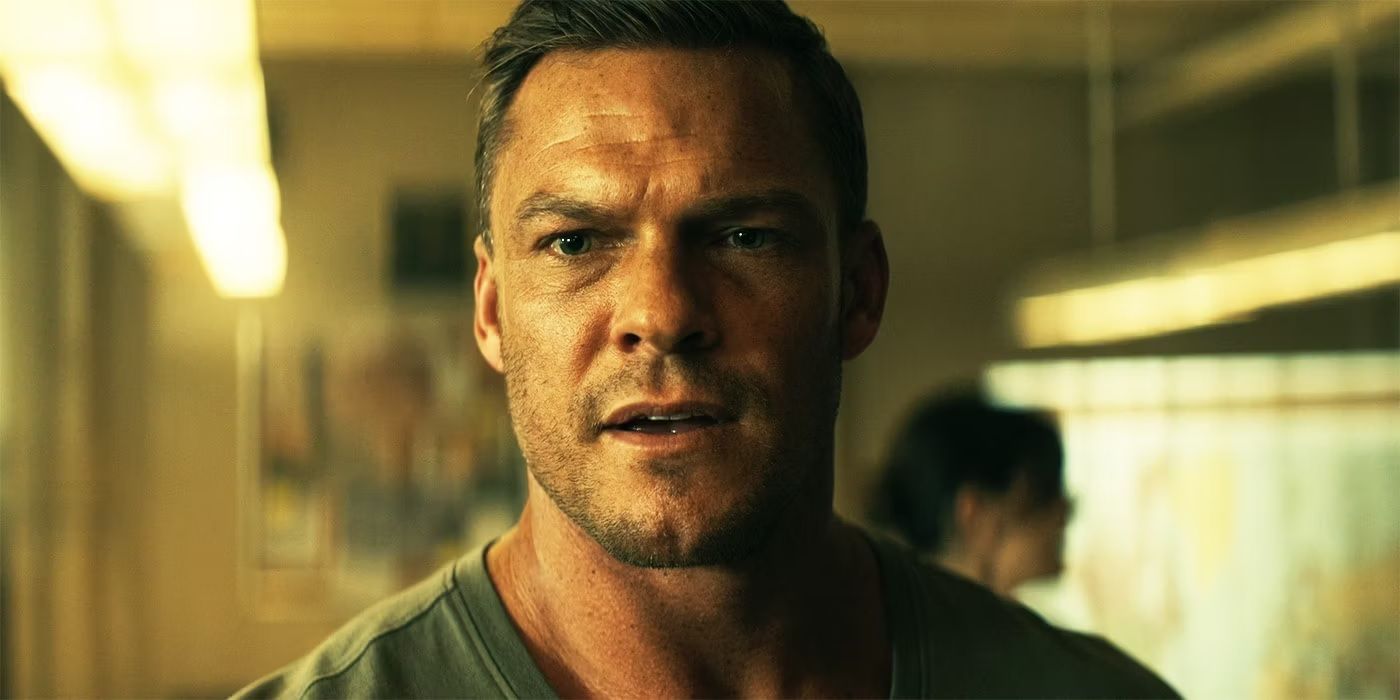
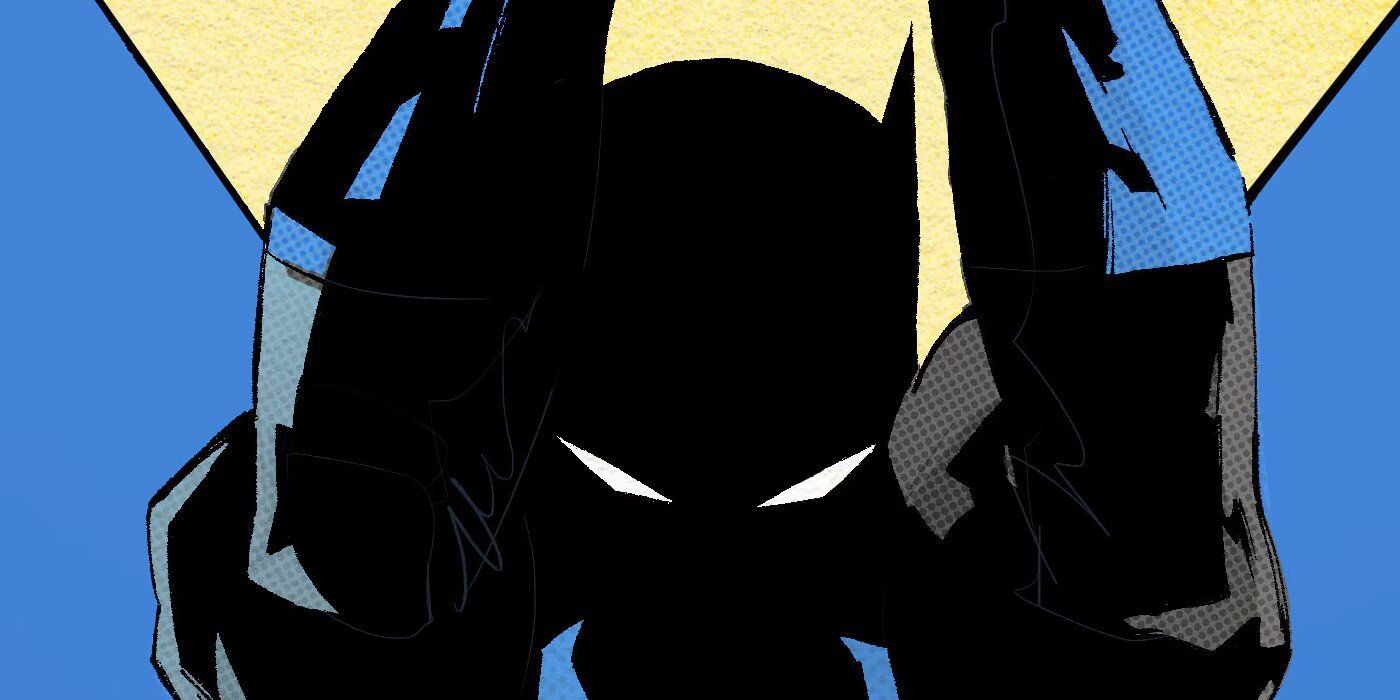

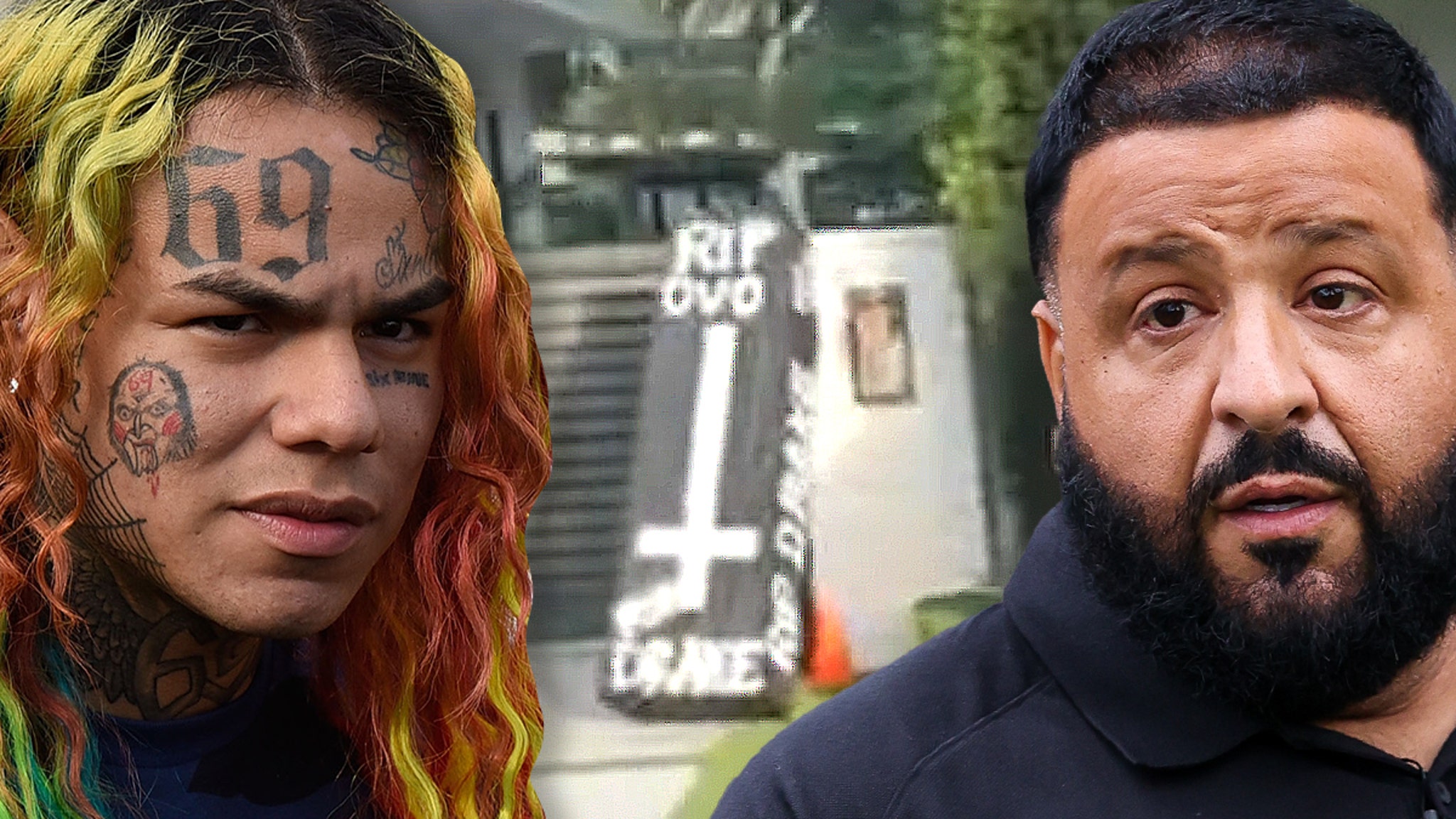



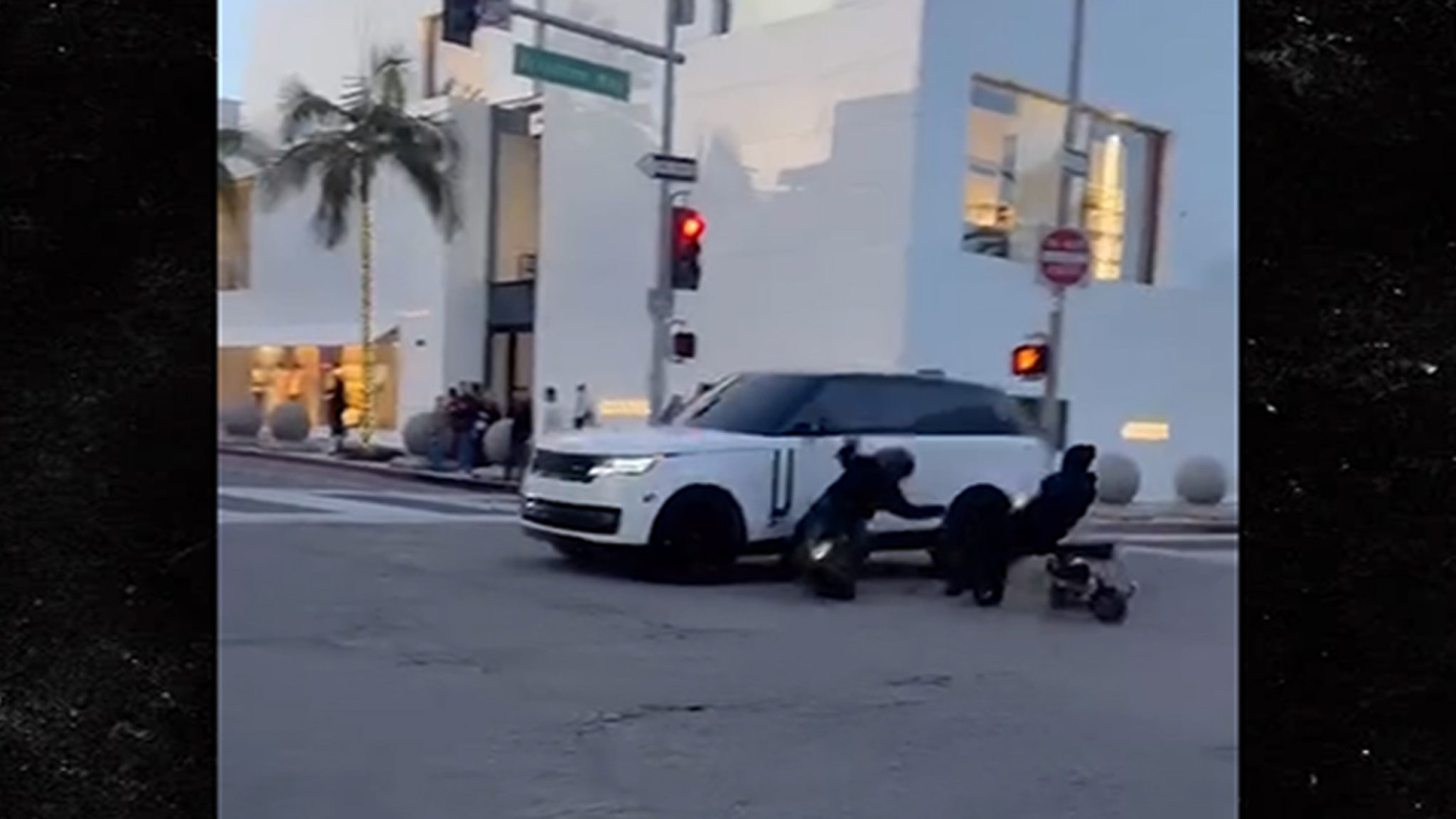
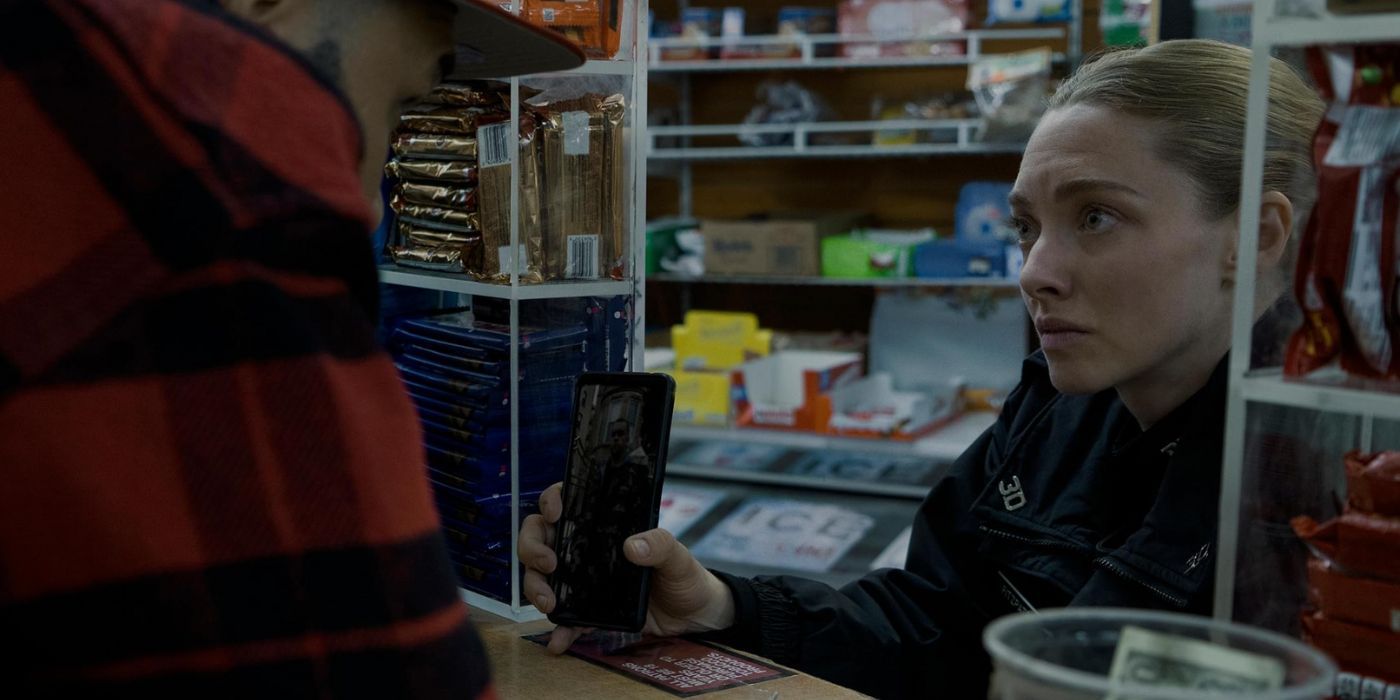


.jpg)






